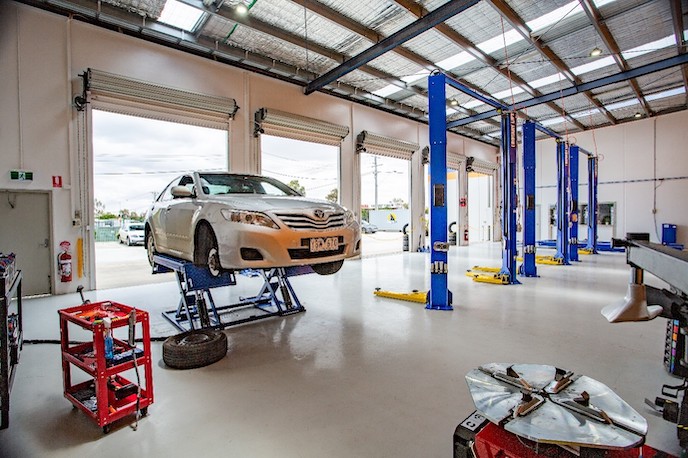
The Federal Chamber of Automotive Industries has endorsed the 23 recommendations made by Dr Michael Shaper’s independent review of the franchising code of conduct, which the Federal Government has responded to.
However, the Motor Trades Association of Australia says further work needs to be done to ensure the code is fit for purpose in a rapidly changing automotive retail environment.
The FCAI noted Dr Schaper’s view that the Code is generally fit for purpose and that Part 5 of the Code relating to new vehicle dealerships is operating as intended and not producing any unintended consequences.
It also welcomed Dr Schaper’s finding that the sector requires respite from constant review. The FCAI noted Dr Schaper’s observation that no sector recommended that Part 5 be removed from the Code and that it now appeared to be part of the regulatory framework.
The FCAI also notes Dr Schaper’s recommendation that service and repair work conducted by motor vehicle dealerships be captured in the Code. Given the variety of service and repair models operating in the sector, the FCAI looks forward to the further consultation process flagged by the Government to enable its continued contribution to the ongoing regulatory oversight of automotive franchise arrangements.
The MTAA applauds the Government for recognising that a fairer balance between franchisees and franchisors needs to be struck. Including other classes of automotive retailers beyond car dealers, such as motorcycle, truck, farm, and industrial machinery dealers, is also welcome, given these businesses were previously not covered in the same way under the franchising code.
It also welcomes the government to clarify that service and repair work performed by motor vehicle dealerships is within the scope of the code.
However, it says there is still further work to be done with Australia’s shift to EVs; vehicle sales channels are evolving with new business models emerging. Manufacturers and distributors are entering the EV retail business for the first time, resulting in financial impacts on dealers and creating a power imbalance between both parties.
Automotive dealers, who make significant ongoing investments in facilities, staff and equipment while generating goodwill, must be protected from misconduct and opportunistic behaviour. The franchising code must safeguard franchisees, predominately small to medium businesses, from such conduct.
Given this unique circumstance facing automotive franchisees and franchisors, along with the industry’s sizeable capital and technology requirements, MTAA strongly recommends a standalone code of conduct for the automotive retail sector.
MTAA also recommends that the proposed licensing regime examine and implement best practices to find a just transition for automotive dealers. The MTAA looks forward to working closely with the Treasury Taskforce on this initiative.
“MTAA has been calling on the Government to address franchisor opportunism in the automotive retail sector for many years, and we are pleased their endorsement of Dr Schaper’s recommendations will go some way to address the imbalance between automotive manufacturers and dealers,” MTAA chief executive Matt Hobbs says.
“We continue to believe that an independent code is a necessary step, mainly to drive greater competitiveness, sustainability, and productivity in the sector as it undergoes the most significant transformation in its history with the advent of EVs,” he says.
MTAA and its state and territory bodies will work with 15,000 automotive retail members to fully understand the implications of the changes to the Franchising Code and continue to assist businesses in their engagement with their franchisors.








